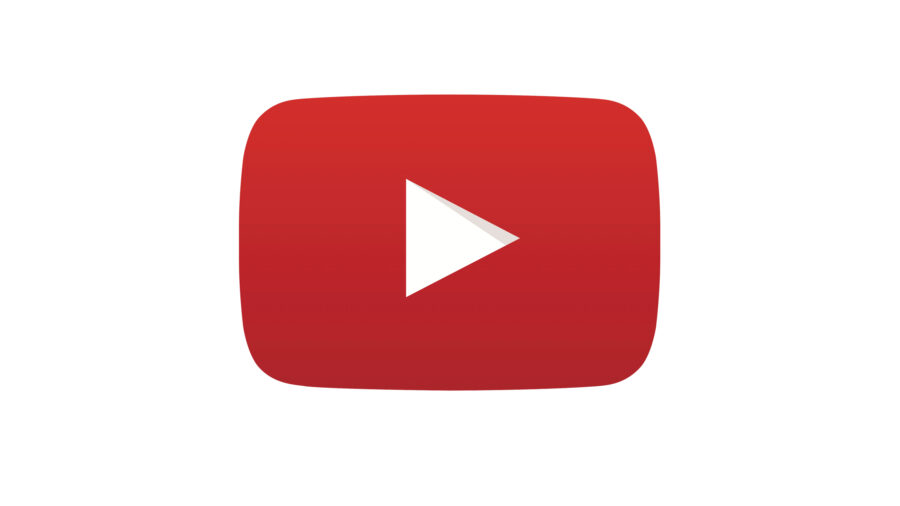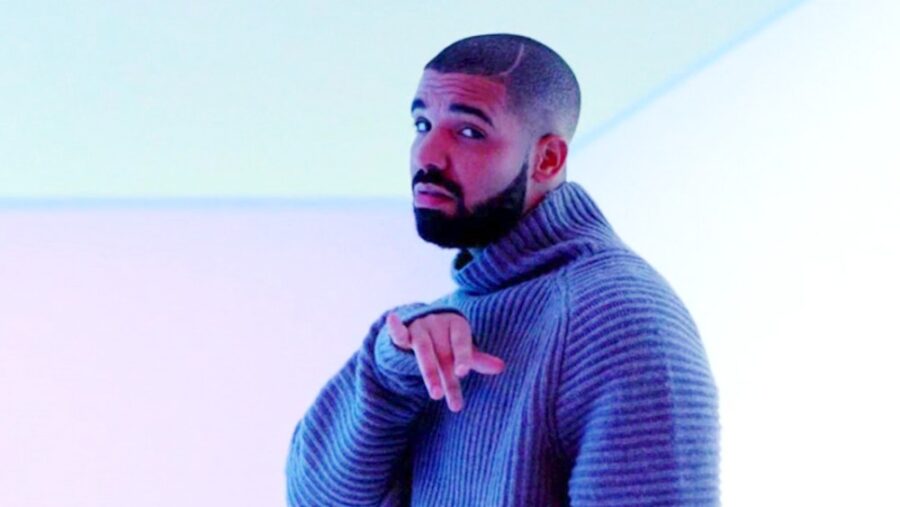Dream Track YouTube Tool Lets You Mimic Major Music Artists

According to a recent report from CNBC, YouTube has launched an AI music generation tool that allows users to mimic the tones and inflections of modern pop vocalists. The tool, which is called the Dream Track, was engineered in collaboration with nearly a dozen popular musicians including T-Pain, Sia, Demi Lovato, and several others. Like other AI tools such as the Dall-E Mini and ChatGPT, the Dream Track creates auto-generated songs from basic text prompts.
Despite artificial intelligence being highly reviled in a number of creative circles, the spread of AI services has only increased in recent years. In addition to serving as a major sticking point in both the WGA and SAG-AFTRA strikes of the past seven months, many popular musicians, such as actor-turned-rapper Drake, have issued cease and desist letters to internet users who have made a name for themselves utilizing AI-generated songs in their voice and style.

Luckily, the Dream Track appears to be in no danger of having this issue, as the service has been endorsed by a number of popular musicians who have been paid and officially recognized for their contributions.
The Dream Track is set to roll out in a limited capacity, with only 100 US creators gaining beta access. The tool will also be limited to 30-second-long songs couched within YouTube Shorts, meaning users will have to utilize their imagination for full-length songs.
While the company made no specific mention of this possibility, it stands to reason that the best of these AI songs could serve as inspiration for artists around the world to build fully realized projects off of.
Though the legal and ethical ramifications of artificial intelligence continue to plague modern society, the Dream Track seems to have circumvented the allegations of plagiarism that many other AI services face, by partnering directly with artists instead of building the platform off their hard work without providing any compensation.
Furthermore, the artists involved in the rollout seem to be those on the cutting edge of technology. T-Pain, for instance, helped to pioneer the use of autotune in hip hop music, giving way to a whole era of T-Pain copycats.
For now, there seems to be no set date announced for the general public to get their hands on the Dream Track tool, though popular YouTube creators with good standings on their account are sure to see the option in the near future. The Google-owned company has already rolled out another tool in the same vein, the Dream Screen, which allows YouTubers to create AI-generated backgrounds for their videos with simple text prompts as well.
As AI technology continues to progress and advance, it seems inevitable that the service will become part of our everyday lives very soon. Whether that means listening to music, watching films, or reading words generated by machines is wholly dependent on the next few years of social development with these devices, with a focus on ameliorating claims of plagiarism or job-stealing from AI.
As far as ethical AI goes, Dream Track seems to have stepped foot in the right direction by including the artists and creators in their process, and allowing the fair use of their service to be dictated by the singers and songwriters they’re copying.












